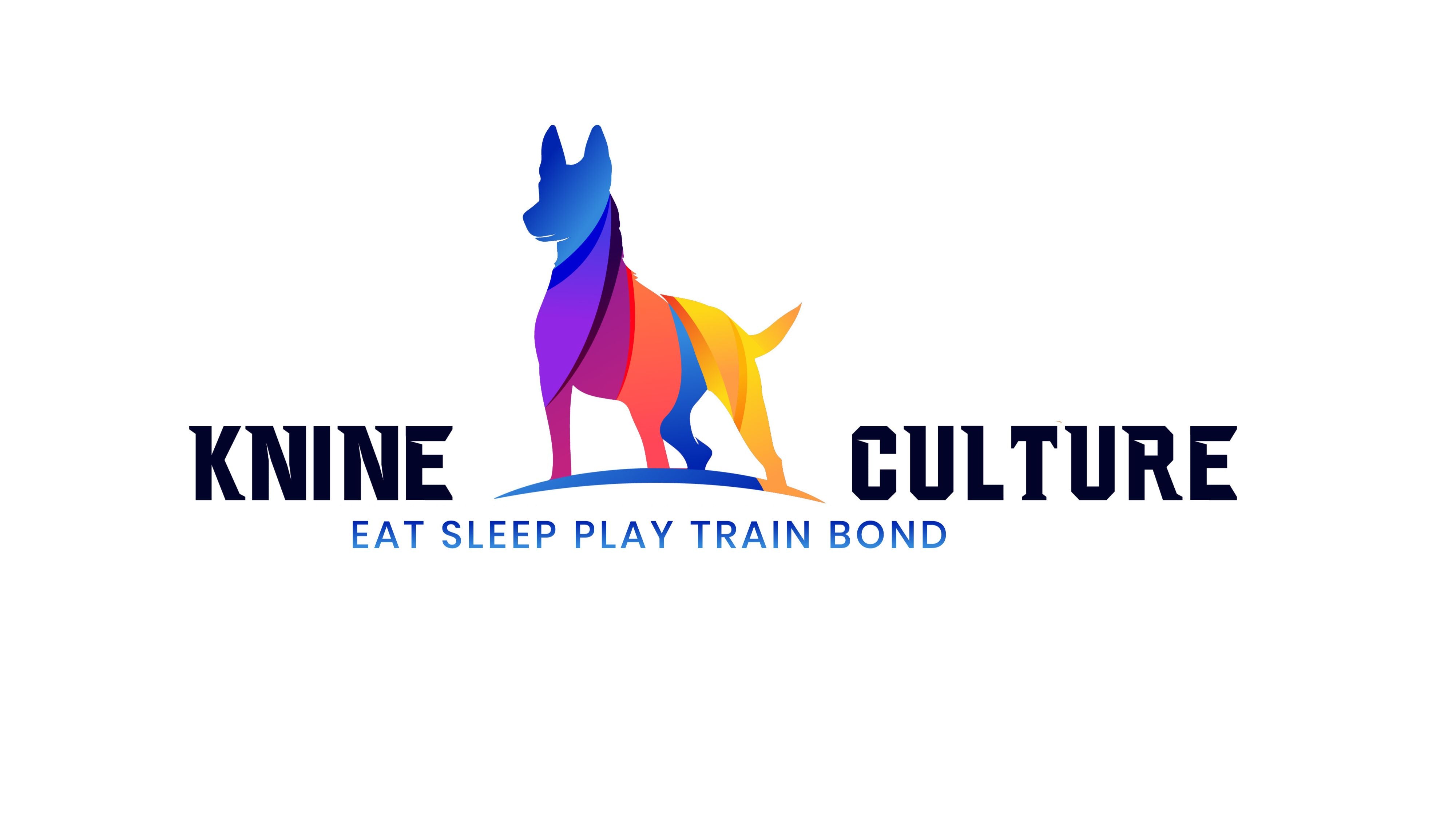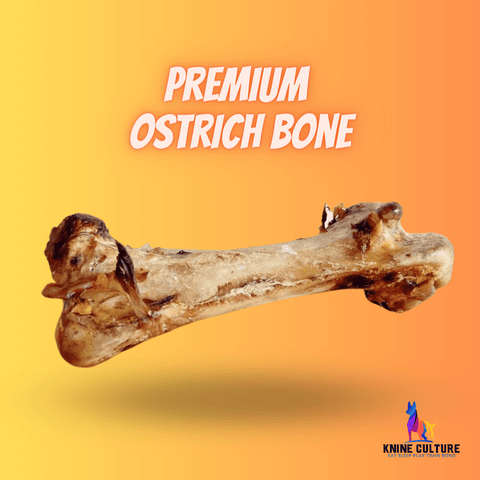When it comes to our furry companions, their health and well-being are paramount. One often overlooked aspect of a dog's health is their diet, and more specifically, the treats we give them. It's no secret that dogs absolutely adore treats, but not all treats are created equal. This series of blog posts aims to shed light on the vital importance of choosing low-fat treats for your canine friend's health. In Singapore, where our love for pets runs deep, it's crucial to understand how to make informed decisions about the treats we offer our dogs to ensure they lead happy, healthy lives.
Many pet owners may hold common misconceptions about dog treats. Some might assume that treats are merely a small indulgence without significant consequences. However, the reality is that the treats we provide can significantly impact our dogs' overall health. Excessive fat content in treats can lead to obesity, pancreatitis, and other health issues. Through this series, we'll debunk these misconceptions and provide valuable insights into making the right choices for your dog's treats. So, whether you're a seasoned pet owner or a first-time dog parent in Singapore, read on to discover how to navigate the world of low-fat dog treats for the well-being of your beloved furry companion.
How To Choose Low Fat Dog Treats in Singapore?
Understanding Your Dog's Dietary Needs
Just as humans have unique dietary requirements at different stages of life, dogs also have varying nutritional needs throughout their lifetimes. Understanding these needs is crucial to providing the best care for your furry friend. Three key factors that significantly influence a dog's dietary requirements are age, breed, and activity level.
- A dog's age plays a pivotal role in determining its dietary needs. Puppies, for instance, require diets that support growth and development, which means they need higher protein and calorie intake. In contrast, senior dogs may need fewer calories but more joint support and easily digestible nutrients.
- Breed-specific factors come into play. Large breeds have different needs than small breeds, and certain breeds may be more prone to specific health issues, requiring specialized diets.
- A dog's activity level is a significant determinant of their dietary requirements. Active dogs need more calories to sustain their energy levels, while less active dogs need fewer calories to maintain a healthy weight.
In the pursuit of a healthy diet for your dog, it's essential to recognize the role of low-fat treats in maintaining a balanced overall diet. Treats, when chosen wisely, can be a valuable addition to your dog's nutrition. Low-fat treats, in particular, help ensure that your dog doesn't consume excessive calories or unhealthy fats, which can lead to weight gain and health problems.
By incorporating low-fat treats into your dog's diet, you can provide them with a delicious reward while still maintaining a balanced calorie intake. This balance is vital to avoid overfeeding, obesity, and related health issues, ultimately contributing to your dog's overall well-being and quality of life. So, whether your dog is a spirited young pup or a mellow senior, understanding their dietary needs and the significance of low-fat treats is a fundamental step towards ensuring they live their happiest and healthiest life.
Identifying High-Fat Ingredients to Avoid
When it comes to selecting the right dog treats, it's crucial to be aware of common high-fat ingredients that may not be suitable for your furry friend's health. Some of these ingredients often found in dog treats include:
- Animal Fat: While fat from certain sources can be beneficial, generic "animal fat" can be a catch-all term that includes less desirable fats.
- Soybean Oil: This ingredient is high in Omega-6 fatty acids, which can contribute to inflammation and other health issues when consumed in excess.
- Corn Syrup: High in sugar and calories, corn syrup can lead to weight gain and dental problems in dogs.
- Butter: Rich in saturated fats, butter can lead to obesity and cardiovascular issues if not given in moderation.
- Bacon or Bacon Fat: While dogs love the taste, bacon is extremely high in fat and salt, which can be detrimental to their health.
Excessive fat intake can pose several health risks to dogs. One of the primary concerns is obesity, which can lead to a range of secondary health problems, including diabetes, joint issues, and reduced lifespan. Additionally, high-fat diets can strain a dog's pancreas and may lead to conditions like pancreatitis, which can be painful and life-threatening.
Moreover, a diet high in fat can contribute to cardiovascular problems, as it can raise cholesterol levels and increase the risk of heart disease in dogs. Dogs with a predisposition to certain health conditions, such as pancreatitis or liver disease, are especially vulnerable to the negative effects of excessive fat consumption. Therefore, being vigilant about the fat content in your dog's treats and overall diet is crucial for their long-term health and well-being. Opting for low-fat treats can help mitigate these risks and contribute to a healthier, happier life for your canine companion.
Reading Dog Treat Labels
Understanding how to read and interpret dog treat labels is essential for making informed choices about the treats you offer to your furry friend. In Singapore, where a wide variety of dog treats are available, it's crucial to navigate these labels to ensure you're providing your pet with the best possible options.
Start by examining the ingredient list. Ingredients are typically listed in descending order by weight, with the most prominent ingredients listed first. Look for treats with recognizable, high-quality ingredients, such as real meat or whole grains, at the top of the list. Avoid treats that have fillers like corn or soy as their main ingredients, as these may provide little nutritional value and can be high in allergens. Additionally, be cautious of treats that contain artificial additives, preservatives, or excessive amounts of sugar.
Pay close attention to the fat content indicated on the label. Low-fat treats are the focus of this series, so it's crucial to choose treats with a fat content that aligns with your dog's dietary needs. The fat content is usually expressed in grams per serving or as a percentage of the treat's composition. For dogs on a weight management plan or those prone to pancreatitis, it's advisable to select treats with fat content on the lower end of the scale. Consider the recommended serving size. Overfeeding treats, even low-fat ones, can contribute to weight gain. Make sure you follow the suggested portion size to help maintain your dog's healthy weight. By paying attention to these key aspects of dog treat labels, you can make well-informed decisions about the treats you give to your dog in Singapore, promoting their health and well-being.
Popular Low Fat Dog Treat in Singapore
Singapore's pet market has seen significant growth in recent years, and as a result, several well-known brands now offer a wide range of low-fat dog treats to cater to the health-conscious pet owners. Here's a brief overview of some popular low-fat dog treat in the Singaporean market:
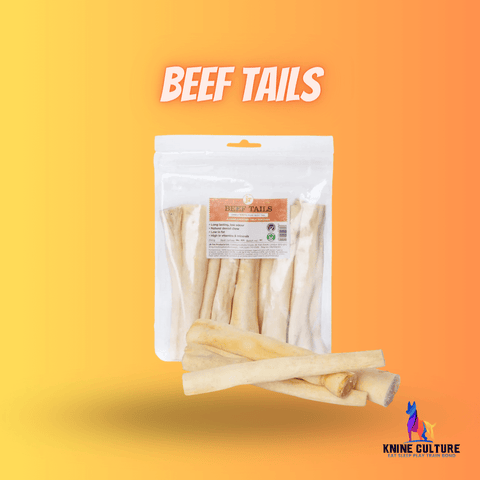
1. Beef Dog Treats
- Made from dehydrated beef tails with no artificial additives or preservatives.
- Promotes dental health and provides extended entertainment.
- Suitable for puppies aged 12 weeks and older.
- Single-source protein treat, responsibly sourced, and grain/gluten-free.
- High protein content, naturally low in fat, which aids in muscle maintenance.
- Appeals to dogs' chewing instincts and serves as a rewarding treat.
- Comprised entirely of 100% natural beef tails, no artificial ingredients.
- Supports dental hygiene through natural chewing action.
- Offers a guilt-free and nutritious treat for overall well-being.
- Represents the true essence of a nourishing and engaging dog treat.
2. Premium Giant Ostrich Bone
- 100% pure ostrich meat, offering a natural and wholesome snacking choice.
- No additives or preservatives, preserving purity and nutritional value.
- Ostrich bone chews for long-lasting entertainment and engagement.
- Responsibly sourced ostrich bones, following ethical and sustainable practices.
- Completely natural with no artificial ingredients, ensuring transparency and integrity.
- Easily digestible ostrich treats, reducing the risk of digestive discomfort or allergies.
- Low in fat, making them suitable for weight-conscious dogs or those on a healthy diet.
- High in protein, promoting muscle health and delivering essential nutrients.
- Hypoallergenic ostrich treats, perfect for dogs with food sensitivities or allergies.
- Doubles as a natural dental chew, enhancing oral health during enjoyment.
- Grain and gluten-free treats, catering to dogs with dietary sensitivities.
- A healthy and nutritious snacking choice, irresistibly enjoyable for dogs of all breeds.
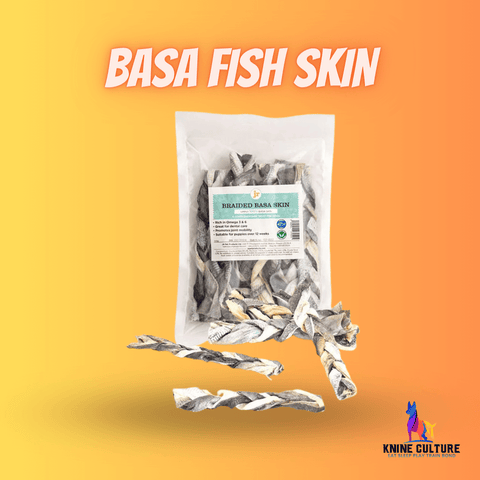
3. Basa Fish Skin
- Made from 100% air-dried Basa fish skin, ensuring purity and natural goodness.
- Packed with essential Omega-3 and Omega-6 fatty acids for overall health.
- Highly palatable and easy to digest treats, suitable for dogs of all sizes.
- Supports a healthy immune system, heart, cognitive function, and offers natural anti-inflammatory properties.
- Promotes healthy skin and a shiny coat, enhancing your dog's appearance.
- Features a fun, braided shape with a satisfying crunch, making them enjoyable anytime treats.
- ASC certified, guaranteeing responsible and sustainable sourcing practices.
- Hypoallergenic and suitable for puppies aged 12 weeks and over.
- Grain and gluten-free, ideal for dogs with dietary sensitivities.
- No additives or preservatives, ensuring a pure and nutritious snack for your pet.
- A healthy and nutritious choice for all breeds and sizes of dogs.
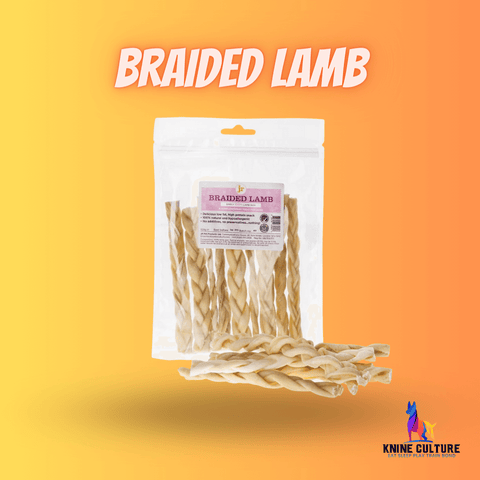
4. JR's Braided Lamb
- JR's Braided Lamb treats are low-fat and made from 100% pure meat.
- Hypoallergenic, making them suitable for dogs sensitive to beef or pork.
- Ideal for training or as a snack due to their delicious taste and high digestibility.
- Safe for pets and highly digestible.
- Suitable for all dog breeds.
- Single-source protein treats.
- Grain and gluten-free, catering to dogs with dietary sensitivities.
- Responsibly sourced ingredients.
- Perfect for dogs with allergies.
- Suitable for puppies aged 12 weeks and over.
- 100% natural with no additives or preservatives.
- Serve as a natural dental chew.
- Naturally low in fat and high in protein.
- A healthy and nutritious choice for guilt-free snacking.
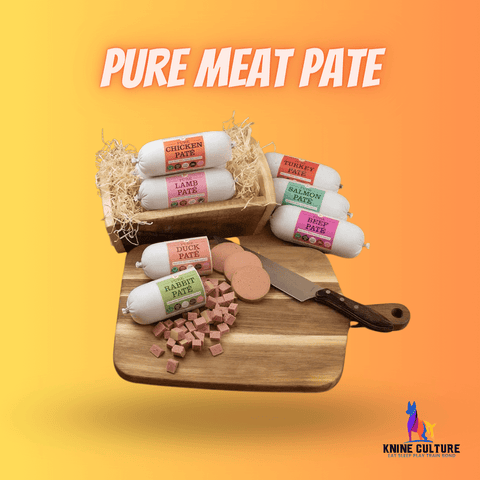
5. Pure Meat Pure
- Available in a range of flavors: Turkey, Salmon, Duck, Chicken, Lamb, and Rabbit.
- Versatile, can serve as a complete or complementary food for dogs.
- Healthy and irresistible, suitable for various purposes including treats, training rewards, or a complete dog food option.
- Ideal for dogs of all breeds and sizes, providing a rich source of protein.
- Variety bundle includes two packs of each protein type mentioned.
- Crafted from 100% fresh meat, free from offal, ensuring high-quality ingredients.
- Utilizes the same human-grade meat as JR's pure sticks and training treats.
- Boasts a unique firm 'paté-like' texture, perfect for stuffing Kongs/toys and cutting into cubes.
- Excellent as a topper for both kibble and raw-fed dogs, enhancing their mealtime experience.
Conclusion
Controlling treat portions is a fundamental aspect of maintaining a healthy weight and overall well-being for your dog. Treats are often calorie-dense, and excessive consumption can lead to weight gain, obesity, and related health issues. Maintaining an ideal weight is critical for your dog's joint health, heart function, and overall quality of life. Portion control ensures that treats complement your dog's regular diet rather than becoming a primary source of calories. Without proper control, it's easy to inadvertently overfeed treats, which can have detrimental effects on your dog's health.
To establish effective portion control, it's important to consider your dog's size, breed, and activity level. Smaller dog breeds typically require fewer calories, so their treat portions should be smaller compared to larger breeds. Active dogs may be able to tolerate slightly more treats, but even they should consume treats in moderation. As a general guideline, treats should account for no more than 10% of your dog's daily calorie intake. This percentage can vary based on individual factors, so consulting with your veterinarian is advisable to determine the exact number of treats your dog can safely enjoy.
